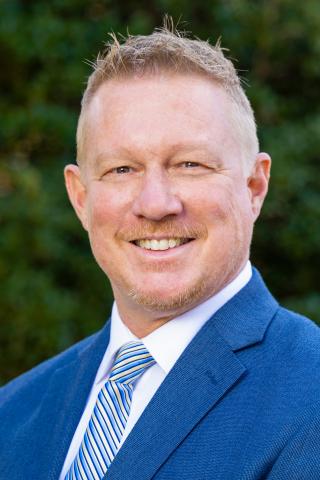Thanks to the SOG Library, we’ve not only revealed the origins of the Candidates Club, but also some important history between the Institute of Government, IAAO, and the NCAAO that I would regret losing. (documents linked below).
Here are some specific finds, but I hope you’ll read through the newsletters and recognize some of the names, pictures, and inspirations that were present during this time.
- The March 1984, first issue, introduces the idea behind The Candidates’ Club, includes several mentions of IAAO, and features a guest columnist from IAAO, Dean McQuown.
- The first meetings were held at the Institute of Government and required a $1 registration fee specifically earmarked for coffee and Cokes at break.
- The third issue mentions Joe Hunt received IAAO’s Verne W. Pottorff Award for organizing the Candidates’ Club.
- The fourth issue reveals the name change to the “North Carolina Candidates’ Club” to identify the State of North Carolina as founder of the first Candidates’ Club in what appeared to soon become part of the national IAAO professional admissions program.
- The fourth issue announces the NCAAO voting to grant $1,000 to the Club treasury. The $10 membership dues were established. There is a reserve book collection at the Institute of Government Library for candidates.
- The fifth issue, page 2, gives some history on NC’s legal requirements for assessors and appraisers, and how the IAAO program functioned as an integral part.
- Issue five mentions discussion at the annual conference, IAAO pledged support of Candidates’ Clubs as part of the professional designation program.
- Issue five introduces the constitution of the NC Candidates Club.
- The title page of Issue 6 summarizes the NC designation program as three opportunities for certification and professional recognition. Joe Hunt was a strong advocate for professional development and designation programs. I think that is probably the reason the SOG has been a part of the NCAAO designation program and certification committee.
I hope you enjoy reading about the history as much as I did.
 The Virtuoso no. 1, March 1984.pdf
The Virtuoso no. 1, March 1984.pdf The Virtuoso no. 2, September 1984.pdf
The Virtuoso no. 2, September 1984.pdf The Virtuoso no. 3, May 1985.pdf
The Virtuoso no. 3, May 1985.pdf The Virtuoso no. 4, February 1986.pdf
The Virtuoso no. 4, February 1986.pdf The Virtuoso no. 5, December 1986.pdf
The Virtuoso no. 5, December 1986.pdf The Virtuoso no. 6, January 1988.pdf
The Virtuoso no. 6, January 1988.pdf The Virtuoso no. 7, November 1988.pdf
The Virtuoso no. 7, November 1988.pdf The Virtuoso [not numbered - last issue - # 8], 9-27-89.pdf
The Virtuoso [not numbered - last issue - # 8], 9-27-89.pdf
Public Officials - Local and State Government Roles


